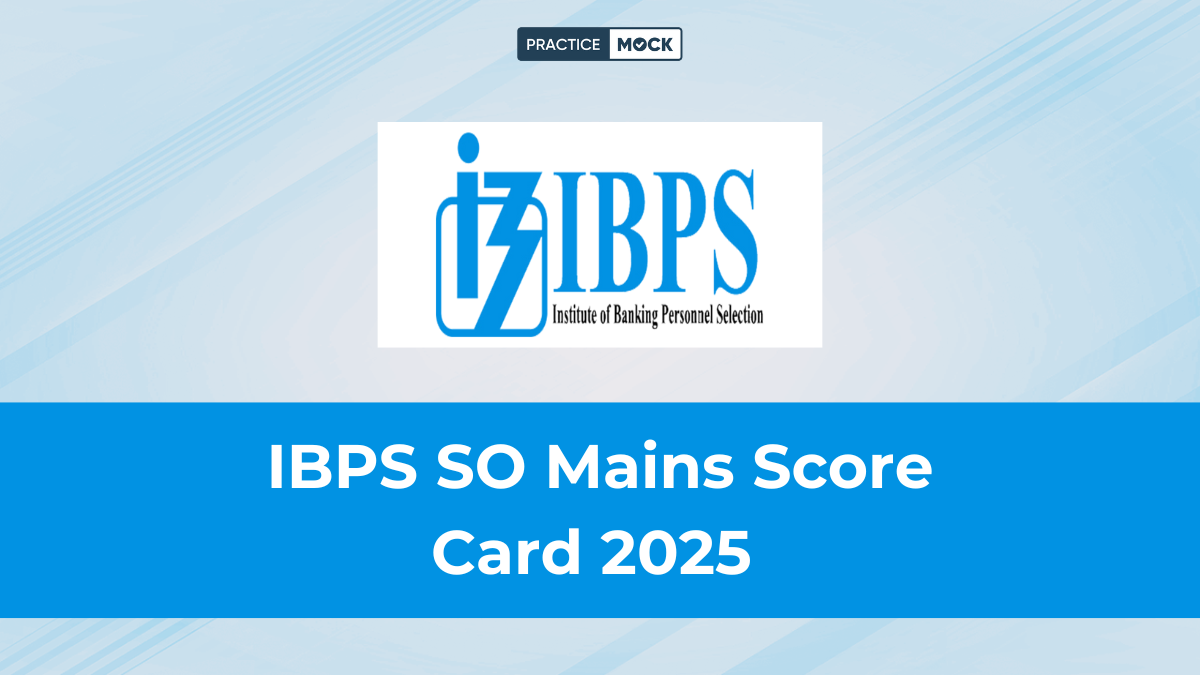

| Difficult Word/ Phrase | Contextual Sense |
| Proscribe | Command against |
| Ostensible | Appearing as such but not necessarily so |
| Disquiet | A feeling of mild anxiety about possible developments |
| Strike down | Declare null and void; make ineffective |
| Peg | Stabilize (the price of a commodity or an exchange rate) by legislation or market operations |
| Legal tender | Something that can be used as an official medium of payment |
| Accentuate | draw attention to (something) |
| Blockchain | A distributed digital ledger that maintains a continuously-growing list of data blocks, each containing batches of transactions, that are secure from tampering and revision (e.g. as used for financial transactions in cryptocurrencies like bitcoin) |
| Run afoul | Go against, as of rules and laws |
| Eschew | Avoid and stay away from deliberately |


Regulation, not ban: on cryptocurrencies
India should regulate trading of virtual currencies through monitored exchanges
Eight years after the RBI issued its first advisory cautioning holders of virtual currencies about the potential financial and security risks, and two years after drafting a Bill to ban cryptocurrencies, the Government is set to introduce legislation that would, if passed, officially proscribe (Command against) such currencies. Its concerns appear to be the risks associated with cryptocurrencies, including their potential use for money-laundering and financing of illegal activities. The risks investors and consumers face in dealing with these so-called currencies, given that they are neither ‘a store of value nor are they a medium of exchange’, and the ostensible (Appearing as such but not necessarily so) threat they pose to financial stability, are also key factors. Prime Minister Narendra Modi had in a video address to the Sydney Dialogue earlier this month said: “It is important that all democratic nations work together on this [cryptocurrency] and ensure it does not end up in wrong hands.” The Centre and the RBI’s deep disquiet (A feeling of mild anxiety about possible developments) with cryptocurrencies notwithstanding, there has been an exponential jump in investment in virtual currencies, especially after the Supreme Court last year struck down (Declare null and void; make ineffective) an RBI notification barring financial entities from facilitating customer transactions related to virtual currencies. Industry estimates now peg (Stabilize (the price of a commodity or an exchange rate) by legislation or market operations) cryptocurrency holdings in India at about ₹40,000 crore, held by about 15 million investors, and advertising trends show an upsurge in ads promoting brands associated with investment in virtual currencies.
That the ground has shifted since an Inter-Ministerial Committee set up to study the issues related to virtual currencies first proposed the ban in 2019 is beyond doubt. From the emphatic assertion in that panel’s report that “no country across the world treats virtual currencies as legal tender (Something that can be used as an official medium of payment)” to a situation where earlier this year El Salvador — admittedly a small and heavily indebted nation — officially declared ‘bitcoin’ as legal tender, much has changed in the adoption of private virtual currencies worldwide. The pandemic has accentuated (draw attention to (something)) the global embrace of all things digital and investment in the technologies enabling cryptocurrencies including blockchain (A distributed digital ledger that maintains a continuously-growing list of data blocks, each containing batches of transactions, that are secure from tampering and revision (e.g. as used for financial transactions in cryptocurrencies like bitcoin)), appear to be no different. Canada, Japan and Thailand permit the use of virtual currencies as a payment method, with some jurisdictions regulating them as a digital asset, and others as a commodity. Canada and the U.S. closely monitor virtual currency activity to ensure they do not run afoul (Go against, as of rules and laws) of laws on financial crimes, with the former also earning tax revenue on transactions. All things given, India should eschew (Avoid and stay away from deliberately) the temptation to join China in proscribing virtual currencies and instead aim to tightly regulate their trading through monitored exchanges and earn revenue. Simultaneously, it should expedite the RBI’s pilot of the Central Bank Digital Currency so as to offer an alternative to cryptocurrencies.
Want to improve your vocabulary further? Download the Lists of Word-Meanings of Previous Months here.
Recent Posts
500+ Current Affairs for SBI Clerk Mains 2025 Exam
In this article we are providing 500+ Most Probable GA Question PDF For SBI Clerk…
SBI Clerk Scorecard 2025 Out, Check Prelims Score Card Marks
The SBI Clerk Score Card 2025 has been released on their official website, you can…
SBI Clerk Prelims Result 2025 Out, Get JA Result Direct Link
The SBI Clerk Prelims Result 2025 has been released on their official website. Candidates can…
RBI Grade B Study Plan 2025 For 60 Days, Super-Schedule
Looking to clear RBI Grade B 2025? Follow our 60-day super Schedule for expert tips,…
RBI Grade B Notification 2025, Check Eligibility, Exam Date, Online Form
Get all the information you need about RBI Grade B 2025 Notification, including Exam Date,…
Books and Authors for SSC CGL, Get Free PDF, Solve Topic Tests
In this blog, we have provided the Books and Authors for SSC CGL Exam. Practice…


